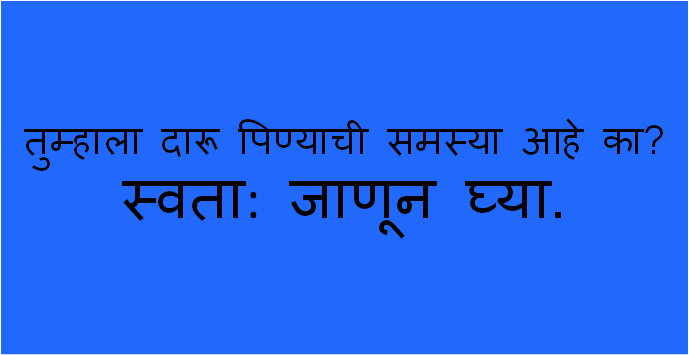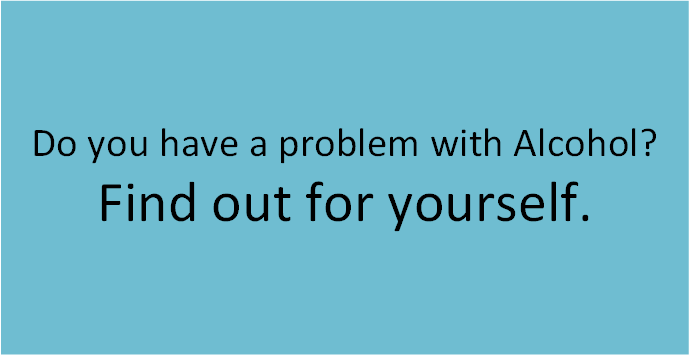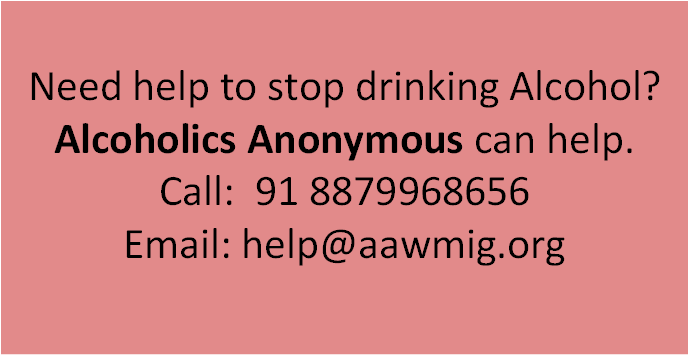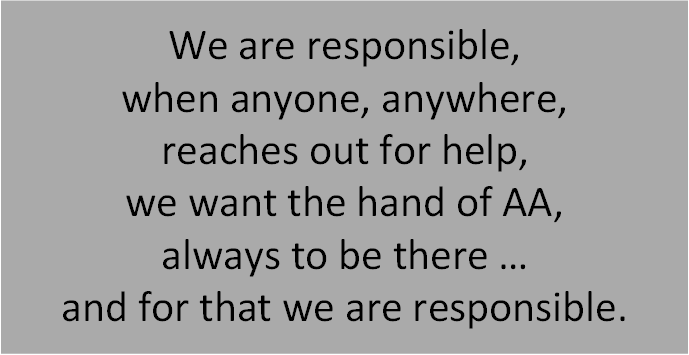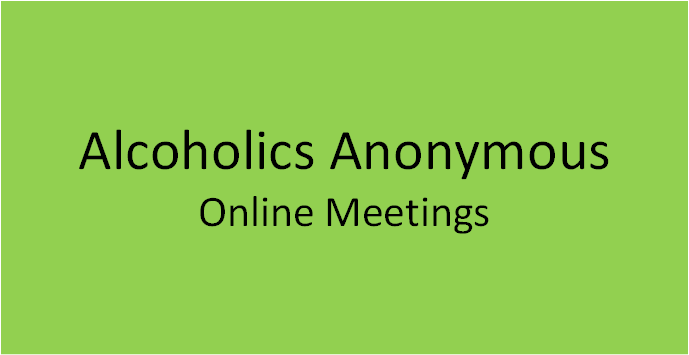Many A.A.s know the story of Jack Alexander, the nonalcoholic journalist who investigated A.A. in the early 1940s and wrote a seminal article about the Fellowship for the Saturday Evening Post in March 1941. Its publication launched a flood of inquiries about A.A. and generated thousands of Twelfth step calls, putting the fledgling Fellowship “on the map,” according to some, and spreading the message of recovery far and wide.
In July 2012, A.A. in India underwent a similar explosion of interest, launched by yet another nonalcoholic journalist who brought to the general public critical information about alcoholism and endorsed the role played by Alcoholics Anonymous in recovery from the disease.
Aamir Khan, a popular Indian television personality and host of the investigative series Satyamev Jayate (translated as Truth Alone Prevails) — a show comparable in scope to America’s Oprah Winfrey Show — dedicated one entire episode titled “Alcohol Abuse—Think Before You Drink” to the topic of alcoholism. Satyamev Jayate has received overwhelming popular support since the first season of the show premiered in May 2012 and has garnered critical acclaim for its research, format and presentation highlighting sensitive social issues prevalent in India. Aired in Hindi, the primary language of the show, it is also dubbed and simulcast in other Indian languages, such as Bengali, Malayalam, Marathi, Tamil and Telugu.
In India, there are presently more than 1,100 A.A. groups with approximately 30,000 members and, according to the general manager of A.A.’s General Service Office in India, “After a lot of groundwork, the show’s research team came to the conclusion that the A.A. program is a reliable recovery source for alcoholism that is available in pan-India and completely free of cost.”
The show featured interviews with recovering alcoholics and medical experts, including one of India’s Class A (nonalcoholic) trustees, and flashed A.A.’s helpline numbers and Web site details on air. India’s G.S.O. worked closely with the producers of the show and, in anticipation, A.A. members worked feverishly for some time behind the scenes to prepare for what proved to be a rising tide of inquiries, the biggest boost A.A. in India had ever received.
A nationwide campaign was established to handle the influx of calls from suffering alcoholics, family members, and those interested in recovery, with temporary call centers set up i n numerous ci ti es across the country. Volunteer members answered all queries and connected callers to A.A. members on a local level who followed up with a personal Twelfth Step call.
A past trustee of India’s General Service Board, who was at the A.A. service office in Mumbai when the show aired, said “The number was first flashed on the show at 11:37 a.m. and at 11:40 a.m. we received the first call. Within 20 minutes, the A.A. Web site had crashed. At 12:30 all telephone lines were jammed.” By 4:00 p.m., A.A. centers across India had received 13,000 calls, which jumped to 28,000 by 7:00 p.m. in the evening after the show aired. The total rose in the following days to more than 90,000 calls, 18,000 text messages, 700 letters and an avalanche of unrecorded calls to G.S.O.
“It seems that at last A.A. India has found its own Jack Alexander,” said the chairman of India’s A.A. Public Information committee, categorizing the show as a “once in a lifetime opportunity.”
One of the greatest challenges recognized by the A.A. Fellowship in India was the fact that calls would come from where A.A. exists and from where it doesn’t. Said a past trustee, “Many areas such as Assam, Mizoram, Meghalaya, Bihar and large parts of Uttar Pradesh and Madhya Pradesh do not ave A.A. groups. Once we receive calls from a place where a group is missing, we will send a team of A.A. members who will help the locals set up a group to conduct regular meetings and help alcoholics practice the recovery program.”
Interestingly, Aamir Khan generously offered the entire proceeds of the show to A.A. to help in its Twelfth Step work, an offer that was politely declined, in accordance with A.A.’s Traditions, with the understanding that while A.A. help is free, only A.A. members may contribute toward the Fellowship’s expenses. To defray some of the expected costs to the Fellowship, however the treasurer of India’s board of trustees communicated with all Indian A.A. groups, informing them of the upcoming show and urging them, in the spirit of self-support, to help shoulder the responsibility to “ensure the possibility of every call for help getting this life-saving message.”
Ultimately, many members in India felt that the greatest impact of the show was in creating awareness that alcoholism is not just a “bad habit,” but a full-fledged illness which has a reliable antidote: the program of A.A.
“All of us need to be made aware of the dangers of drinking alcohol and to what extent alcoholism has affected our country and society,” said writer Vikram Karve in a review of the show. “I hope this program will highlight the dangers of alcoholism, both in our rural and urban society. Making people aware of a problem is the first step forward solving it,” he said, and in this regard“ Satyamev Jayate has done yeoman’s service.”
“Ultimately, it all depends now on us,” said India’s Public Information chair in a letter to Indian groups, “whether we will convert this show into our Jack Alexander article of India or just another show with a social cause.”
Said the general manager of G.S.O. India, “The calls are not stopping yet. With every retelecast, newspaper article, and talk show on TV channels, the influx of calls increases.”
Wherever in the world it happens to be, when it comes to A.A., it seems our work is never done.
As published in News and Notes from the General Service Office of A.A. ® Box 459 Vol. 59, No. 1 / Spring 2013 www.aa.org